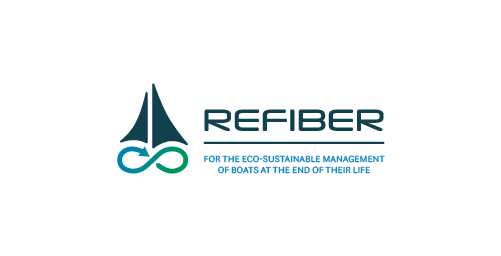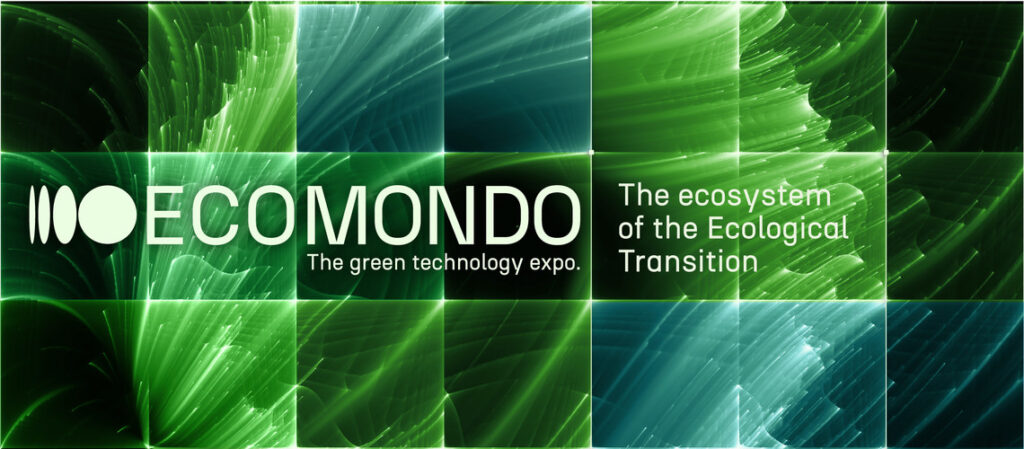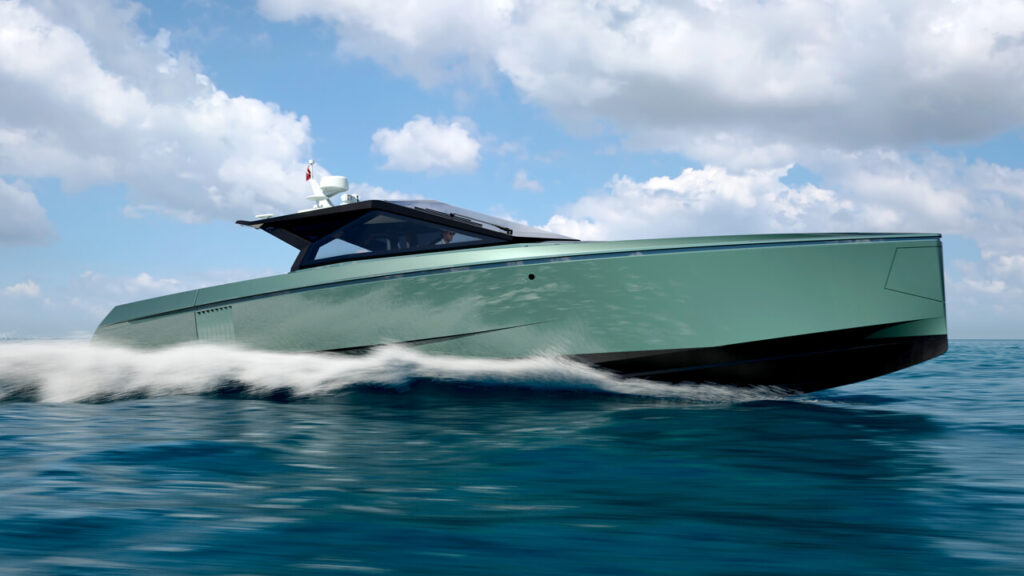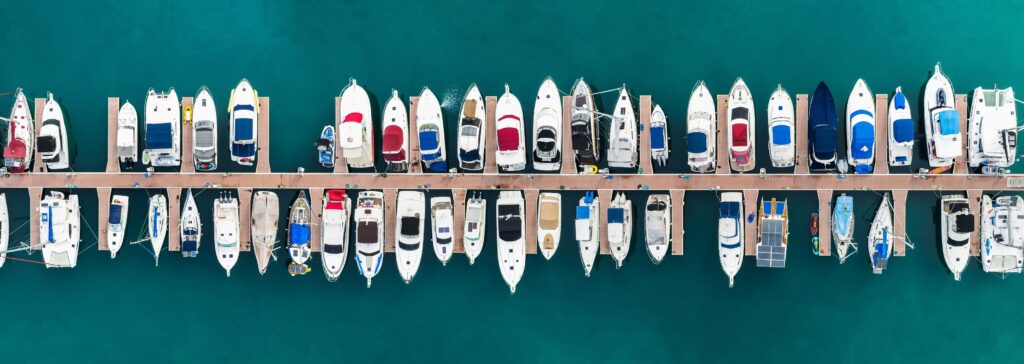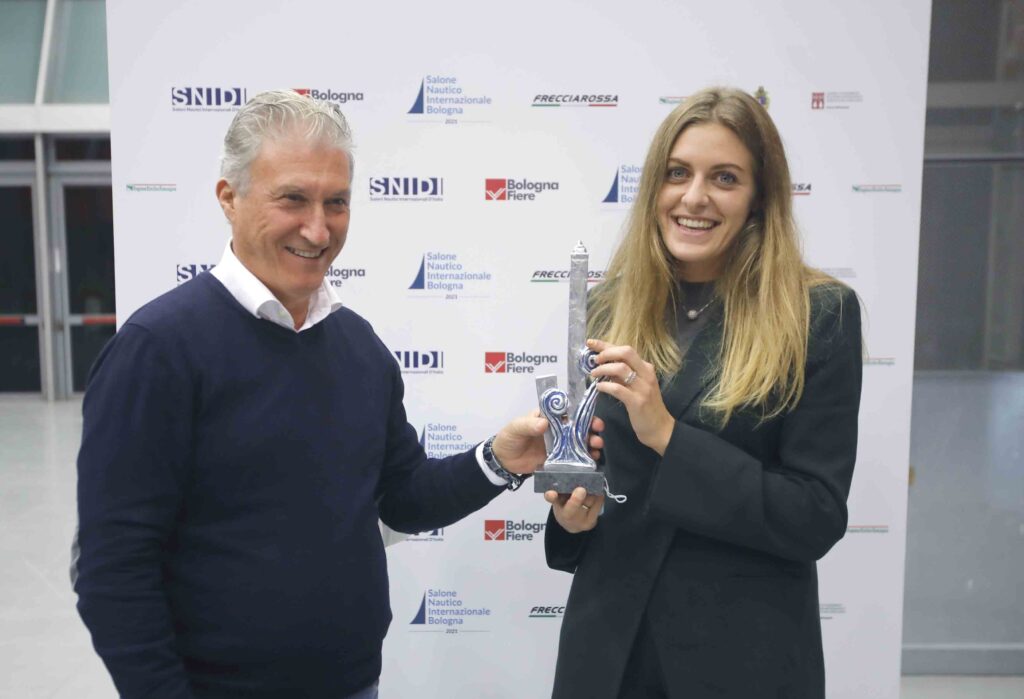The Italian nautical park of registered pleasure boats counts almost 85,000 units, of which every year an average of 1000 is canceled from the official registers (in the last ten years approximately 10,000 units), of which only a small percentage that has reached the end of life is adequately managed. Disposal is, therefore, a very often neglected problem, which has an enormous environmental impact; to date in Italy there is still no consolidated recycling model, but rather almost exclusively the option of landfilling.
Due to the lack of structured management at the end of a boat's life, as a need to find a concrete solution, REFIBER was born, with the idea of creating collection and treatment centers capable of recovering various materials, primarily fiberglass, a material very resistant and composed of several layers of plastic and glass, which, with 60% of the total weight, represents the most difficult fraction to treat. It is therefore essential to design an industrial supply chain that addresses and transforms the entire process from construction to treatment, up to recycling and disposal of the fiberglass with which small and medium-sized boats were made.
REFIBER foresees a broad participation of public institutions and private operators along the entire supply chain. The technological analysis carried out so far has identified three possibilities for reuse. One involves shredding and cold processing which would allow us to create products such as shelves, for example for bathroom furnishings or kitchens. Another possibility is to produce energy to create active carbon that can be used in industrial filters. Finally, the most challenging: with a thermochemical process, after being chopped, recovering the virgin resin and glass fiber again.
A management model that the program is analyzing comes down to the EPR-Extended Producer Responsibility environmental approach: “REFIBER wants to give a concrete response to the environmental and economic problems connected to the disposal (legal and otherwise) of fiberglass hulls for which there is not yet a structured disposal model and offer new market opportunities to operators in the sector - explains Marcello Guaiana , Area Science Park. - We propose to apply the Extended Producer Responsibility (EPR) policy for the management of decommissioned vessels. This policy has already been applied in Italy and abroad successfully in managing the end-of-life stage of other products. We work to stimulate the drafting of an EPR-inspired regulatory framework, with an approach that can represent and protect the interests of the parties involved and contribute to resolving the serious environmental issue", concludes Guaiana.
